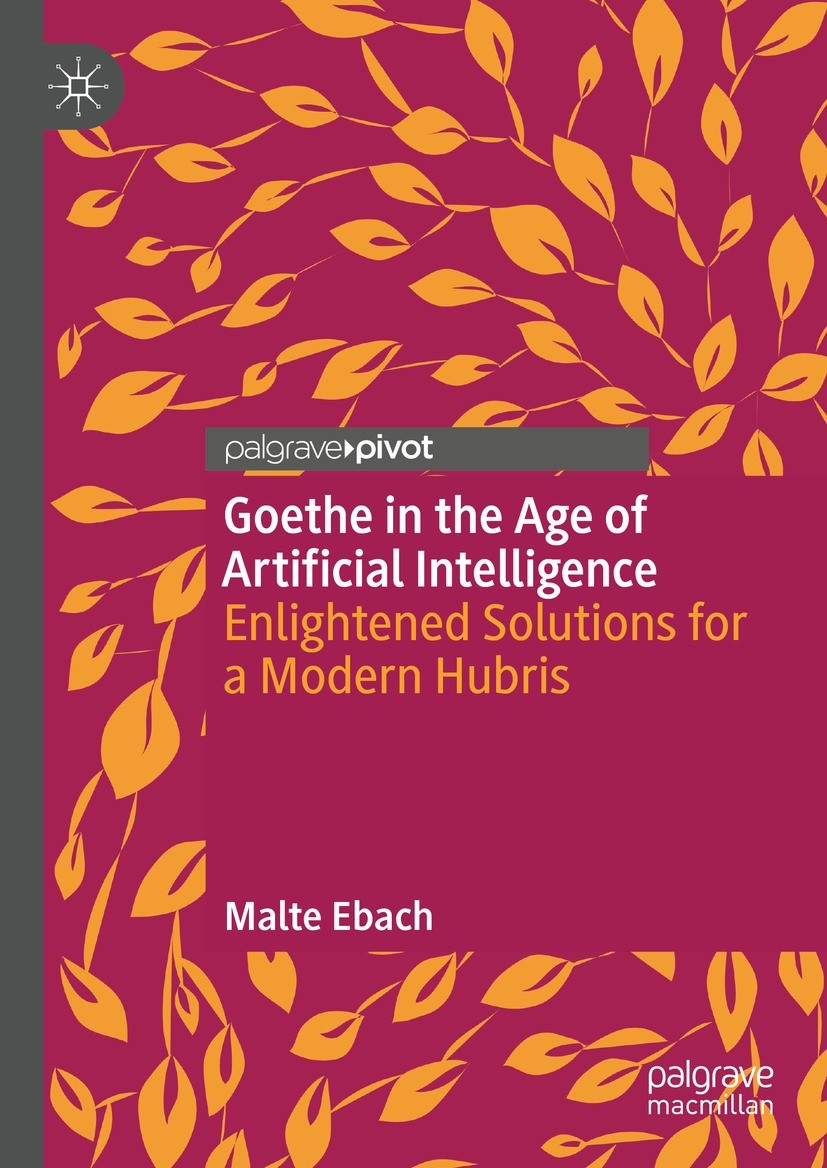| 书目名称 | Goethe in the Age of Artificial Intelligence | | 副标题 | Enlightened Solution | | 编辑 | Malte Ebach | | 视频video | http://file.papertrans.cn/388/387241/387241.mp4 | | 概述 | Discusses how Goethe’s scientific method impacts how AI and big data are slowly replacing observation and experience.Helps readers explore fundamental assumptions about our experience of Nature.Argues | | 图书封面 |  | | 描述 | .Inside you lies a precise scientific instrument – the ability to observe Nature and recall past experiences. You were born with it and you use it every day. You can be trained to use it more effectively to, for example, compare and discover new species of organisms or new minerals. Our senses do have limitations, and we often use microscopes, telescopes and other tools to aid our observation. However, we benefit from knowing their limitations and the impact they have on our ability to combine our observations and our experience to make decisions. Once these tools replace our direct observation and our experience we ourselves become disconnected from Nature. Scientific practice turns into well-meant opinions out-weighing empirical evidence. This is happening now in the current age of big data and artificial intelligence. The author calls this the Modern Hubris and it is slowly corroding science. To combat the Modern Hubris and to reconnect with Nature, scientists need to change the way they practise observation. To do so may require the scientist to transform themself. One person who successfully did this was Johann Wolfgang von Goethe. His journey demonstrates how one man attempte | | 出版日期 | Book 2022 | | 关键词 | big data; machine learning; Goethe; natural world; reductionism; natural philosophy; scientific writing; sc | | 版次 | 1 | | doi | https://doi.org/10.1007/978-981-19-6741-2 | | isbn_ebook | 978-981-19-6741-2 | | copyright | The Editor(s) (if applicable) and The Author(s), under exclusive licence to Springer Nature Singapor |
The information of publication is updating

|
|
 |Archiver|手机版|小黑屋|
派博传思国际
( 京公网安备110108008328)
GMT+8, 2026-1-22 16:43
|Archiver|手机版|小黑屋|
派博传思国际
( 京公网安备110108008328)
GMT+8, 2026-1-22 16:43


